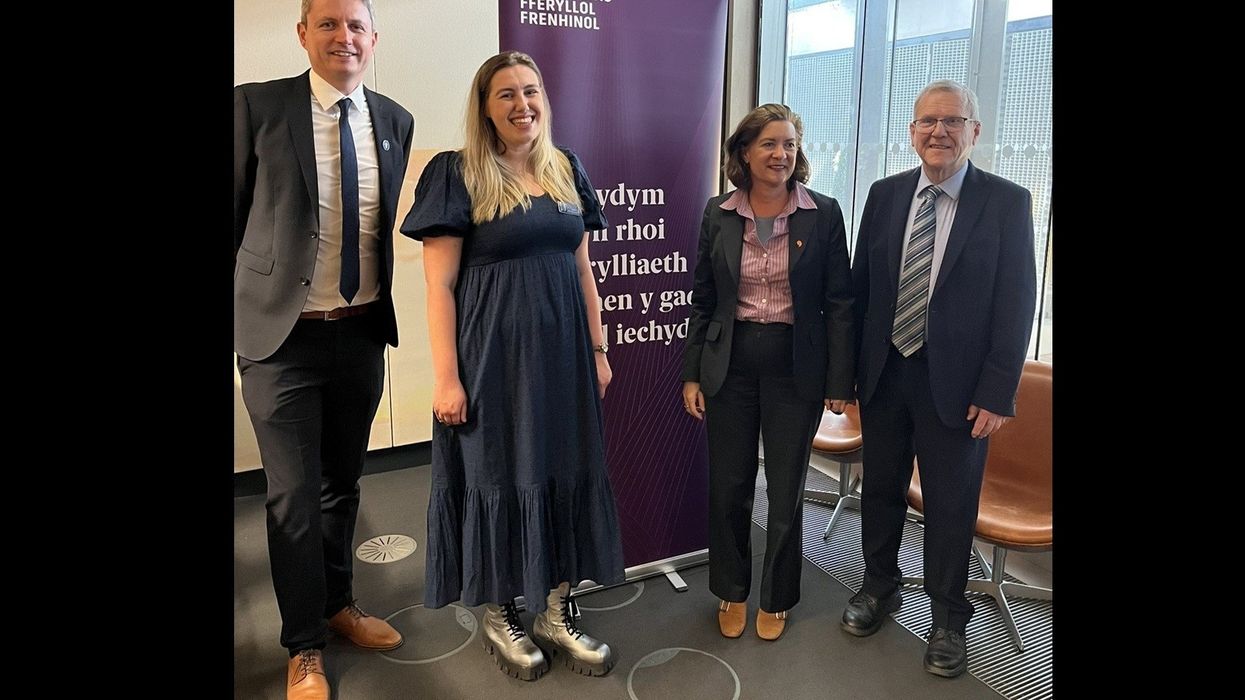Former chancellor Rishi Sunak, one of two candidates vying to be Britain's next premier, criticised the way outgoing prime minister Boris Johnson handled the Covid-19 pandemic, saying it had been a mistake to "empower" scientists and that the downsides of lockdowns were suppressed.
The Tories are choosing a new leader after Johnson was forced to quit when dozens of ministers resigned in protest at a series of scandals and missteps. Party members are voting to select either Sunak or foreign secretary Liz Truss, who will take over next month.
Opinion polls show Sunak is behind in race. The handling of the pandemic has become an issue, with Truss saying this month she would never again approve another lockdown and also asserting that as trade minister at the time she was not involved in taking the key decisions about how to respond.
Sunak said the government had been "wrong to scare people" about coronavirus. He said he was banned by officials in Johnson's office from discussing the "trade-offs" of imposing coronavirus-related restrictions, such as the impact on missed doctor's appointments and lengthening waiting lists for healthcare in the NHS.
"The script was not to ever acknowledge them," he told the Spectator magazine. "The script was: 'oh there's no trade-off, because doing this for our health is good for the economy'."
Sunak said scientists on the Scientific Advisory Group for Emergencies, the group that helped respond to the outbreak, were given too much influence by ministers on decision making such as closing schools and nurseries.
Sunak said that during the start of the pandemic, when presented with scenarios by the scientists about what would happen if lockdowns were not imposed or extended, his requests for the underlying modelling were ignored.
Sunak said it is unfair to blame civil servants because ministers are elected to take decisions.
"If you empower all these independent people, you're screwed," he said.
Sunak himself was widely popular at the start of the pandemic because as then finance minister he launched a furlough scheme that kept many people on payrolls even when lockdowns meant they could not work.
'Very emotional'
Asked why opinion polls showed that the public was eager for the country to be in a lockdown, Sunak said: "We helped shape that: with the fear messaging".
Sunak said it was wrong for the government to publish posters showing patients on ventilators and claimed that the Cabinet Office was "very upset" when he gave a speech in September 2020 urging people to "live without fear".
Britain under Johnson was slower than most of its European peers to lock down in early 2020. After suffering some of the highest death rates at the start of the pandemic, it later became one of the first major economies to reopen.
Asked about Sunak's remarks, a government spokesperson defended its record on Covid, saying the economy and children's education were central to the difficult decisions made during the pandemic.
Sunak, who resigned from Johnson's government last month, suggested schools could have stayed open during the pandemic. He said during one meeting he tried to voice his opposition to closing schools, saying he got "very emotional about it".
"There was a big silence afterwards," he said. "It was the first time someone had said it. I was so furious."
Lockdown "could have been shorter" or had a "different" approach, he said.
A public inquiry looking at the government's preparedness as well as the public health and economic response to the pandemic is expected to begin taking evidence next year.

















